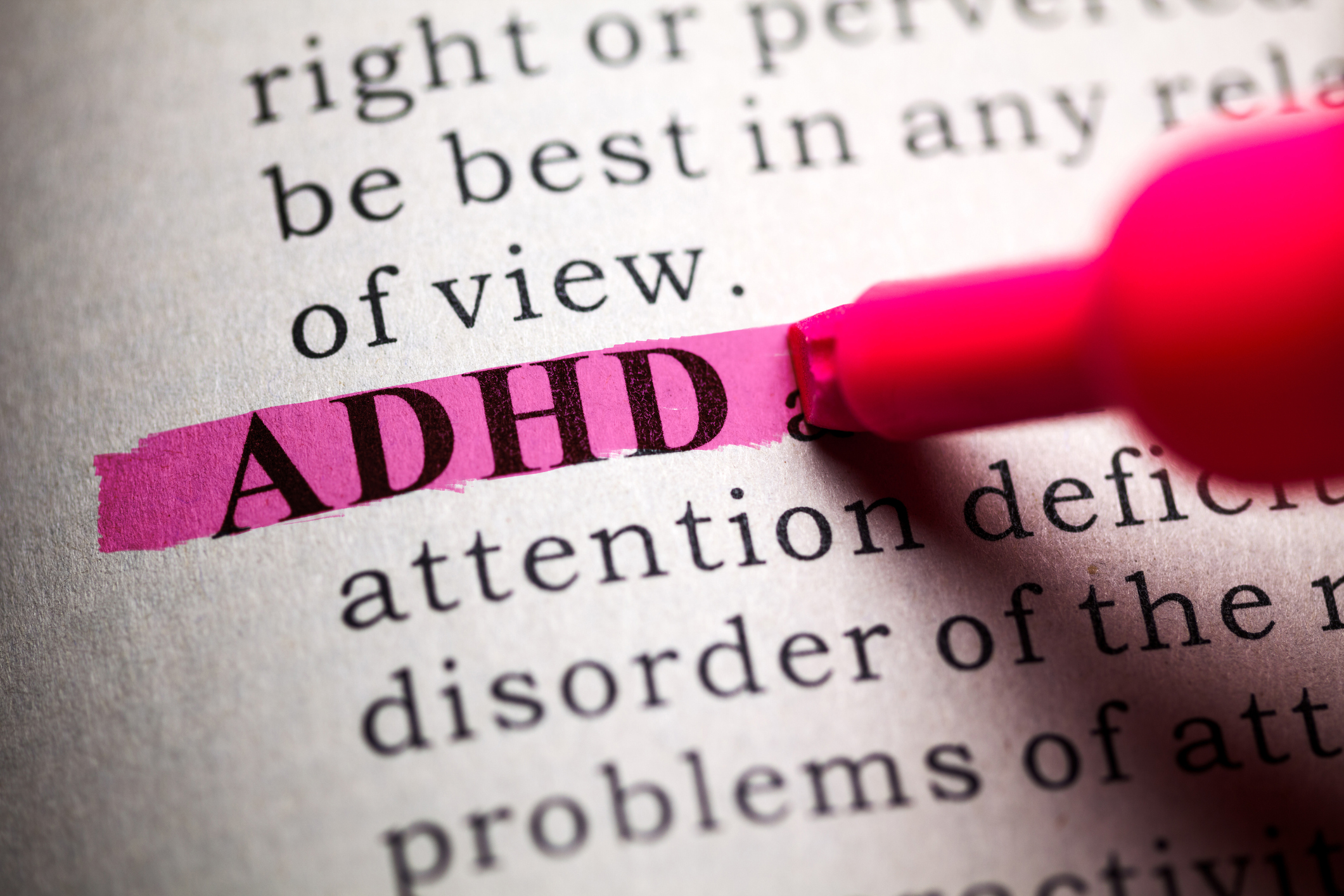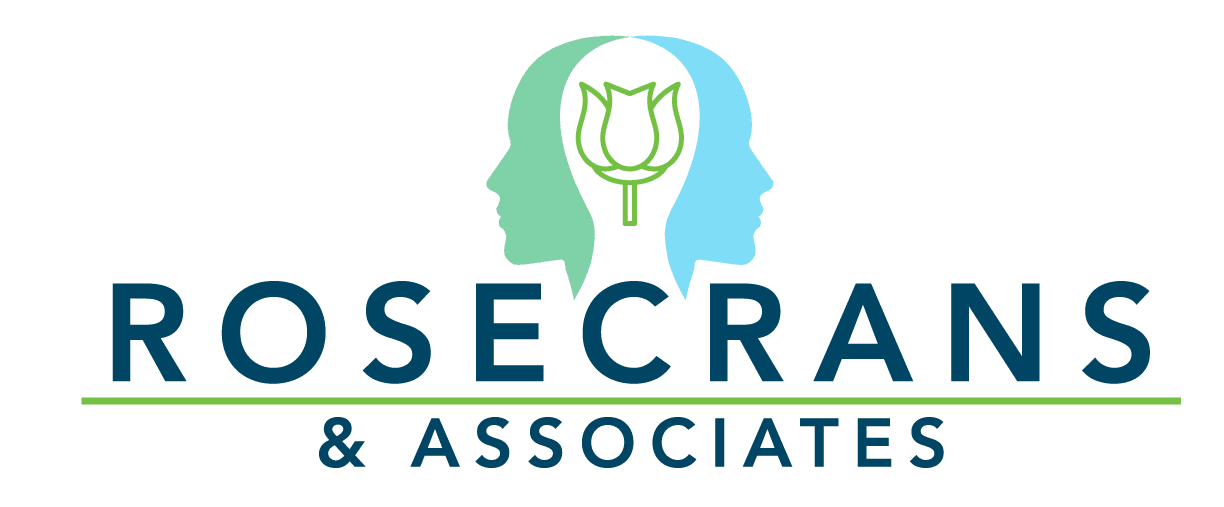Attention Deficit/Hyperactivity Disorder (AD/HD) Counseling
ADHD is the most common childhood disorder and can continue throughout the lifespan. Males are diagnosed with ADHD at a higher rate than women, but many women go undiagnosed in childhood due to lacking the hyperactive and impulsive symptoms. Those with ADHD are more likely to have depression, anxiety, and Binge Eating Disorder.
There are three different types of ADHD, which include inattentive type, hyperactive-impulsive type, and combined type. A clinician will assign a type based on the amount of symptoms one experiences from each category.
Symptoms of Inattention include:
- Failing to give close attention to details or making careless mistakes
- Having trouble holding attention on tasks or play activities
- Often does not seem to listen when spoken to directly
- Often does not follow through on instructions and fails to finish schoolwork, chores, workplace tasks (e.g., loses focus, side-tracked)
- Often has trouble organizing tasks and activities
- Often avoids, dislikes, or is reluctant to do tasks that require mental effort over a long period of time
- Often loses things that are necessary for tasks and activities (e.g., phone, keys, wallet, school materials)
- Often easily distracted (can be internal and external stimuli)
- Often forgetful in daily activities

Symptoms of Hyperactivity and Impulsivity include:
- Often fidgets, taps feet, or squirms in seat
- Often leaves seat in situations when remaining seated is expected
- Often runs about or climbs in situations where it is not appropriate (In adolescents and adult it may be feeling restless)
- Often is “on the go” or acting as if “driven by a motor”
- Often talks excessively
- Often blurts our answers before the question is completed
- Often has trouble waiting their turn
- Often interrupts or intrudes on others (i.e., butts into conversations or games or can say things that are not pertaining to the conversation)
Poor Memory and ADHD
Individuals with ADHD do not inherently have a poor memory. ADHD is a disorder of attention and makes it hard to maintain attention on a task. If we are not paying attention to a task, such as reading, then we are not going to remember what was read.
Treatment for ADHD in Children
Medication is effective to treat the symptoms of impulsivity, inattention, and hyperactivity. Psychotherapy works on addressing behavioral skills such as organization, time management, studying and homework skills, and reducing external stimuli to improve focus.
Treatment for ADHD in Adults
Medication is an effective treatment for adults to reduce symptoms of inattention, hyperactivity, and impulsively. Cognitive Behavioral Therapy (CBT) addresses improving behavioral and, organizational skills, skills to improve memory, reducing procrastination, improve time-management, reducing stressors, creating boundaries, single-task completion, impulse management, reducing external and internal stimuli, improving interpersonal and social skills, and learning relaxation techniques.
Our clinicians are trained and have experience in providing these evidence-based treatments.
If you have questions, please contact our office at (847) 461-8414
